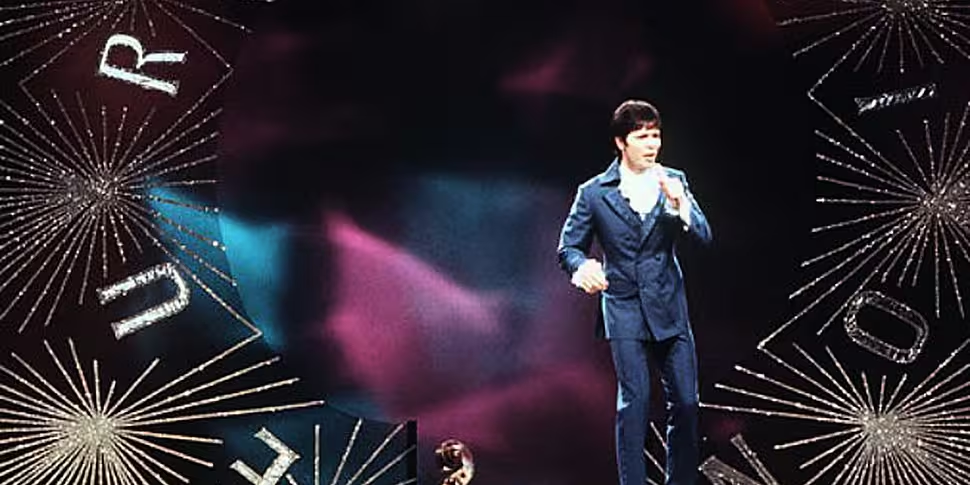Every Wednesday, Bill Hughes is live in studio with George Hook to play another selection of Essential Songs – taking a look at some of the most enduring numbers, and putting them into some historical context. Tune in live from 6.30pm or listen back to the show’s podcasts.
When it comes to the Eurovision Song Contest, it’s easy to think of Johnny Logan as the pan-continental champion of Europop, and with his two wins as a singer and third as a composer, he’s no stranger to days of wine and douzes. But another musician born on this island was robbed the chance of back-to-back wins, with a plot hatched by the Fascist dictator Francisco Franco.
Freshly tanned from his time on the Summer Holiday buses with Una Stubbs, Cliff Richard was the frontrunner and favourite to retain the Eurovision crown for the United Kingdom in 1968, performing at London’s Royal Albert Hall after Sandie Shaw had brought the competition to Britain for the first time. Congratulations, co-written by Coulter, was already a monster hit got the 27-year-old crooner, but would soon be living up to its title, with a little-known Spanish singer by the name of Massiel pipping him to the post by just un point at the very last vote.
But the blemish on Richard’s record was, allegedly, the result of some high-stakes tinkering by despotic leader Franco, who, according to a Spanish investigation, rigged the votes to bring the title – and the attention of the continent – to Madrid.
According to Montse Fernandez Vila, the director of the film called 1968: I lived the Spanish May, Franco was fascinated by the potential Eurovision would bring to his country. The film tells that El Generalísimo was so keen to boost Spain's international reputation – and showcase it as a tourist destination – that he funnelled finances into sending Televisión Española executives around the competing nations to buy a win for Massiel – a last-minute replacement for a popular recording artist who wanted to sing in Catalan instead of Castilian, the standardised Spanish Franco wanted.
And so, it is alleged, the executives made their way around the state broadcasters of Europe, commissioning series and buying the rights to TV shows that would never be made, all in an effort to grab the title.
"It was these bought votes that won Eurovision for Massiel,” Fernandez Vila says in the documentary. “The regime was well aware of the need to improve its image overseas ... When you look at all the parties they organised and how Massiel was transformed into a national heroine, you realise it was rather over the top for a singing competition. It was all intended to boost the regime."
The debate still continues, with champions coming forward to defend Massiel and her largely forgotten winner, La La La. In 2008, Jamie McLoughlin, a Eurovision superfan told the Daily Telegraph that he has doubts over how much sway Franco’s infiltrating TV execs really held on broadcaster juries.
"The more obvious answer for the landslide of votes from Germany, the penultimate country to vote for Spain, which tipped the result Massiel's way is - rather boringly - she went on a really popular German TV show the week before the contest to perform her song,” McLoughlin said.
As of now, Massiel remains the named winner of the 1968 competition, and the European Broadcasting Commission, the body which organises the annual event, has been sitting on the Franco allegations for the better part of a decade.
But Cliff Richard and Phil Coulter can at least thank Cyprus for stripping the Spanish song of one Eurovision record – the island nation’s 2012 entry La La Love holds the records for the most 'las' in any song ever to compete in the competition, which, at 135, has 12 more than Massiel’s controversial winner.









